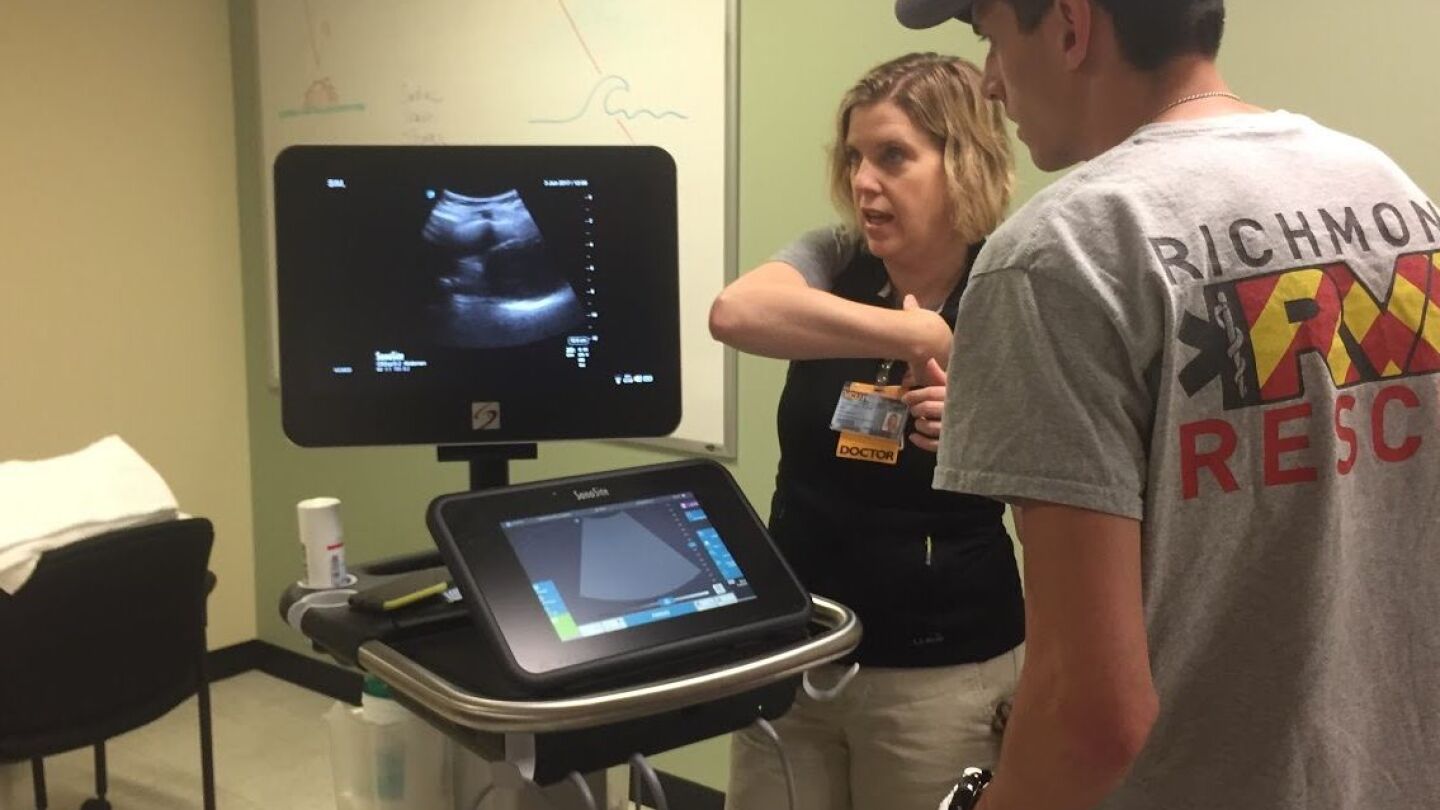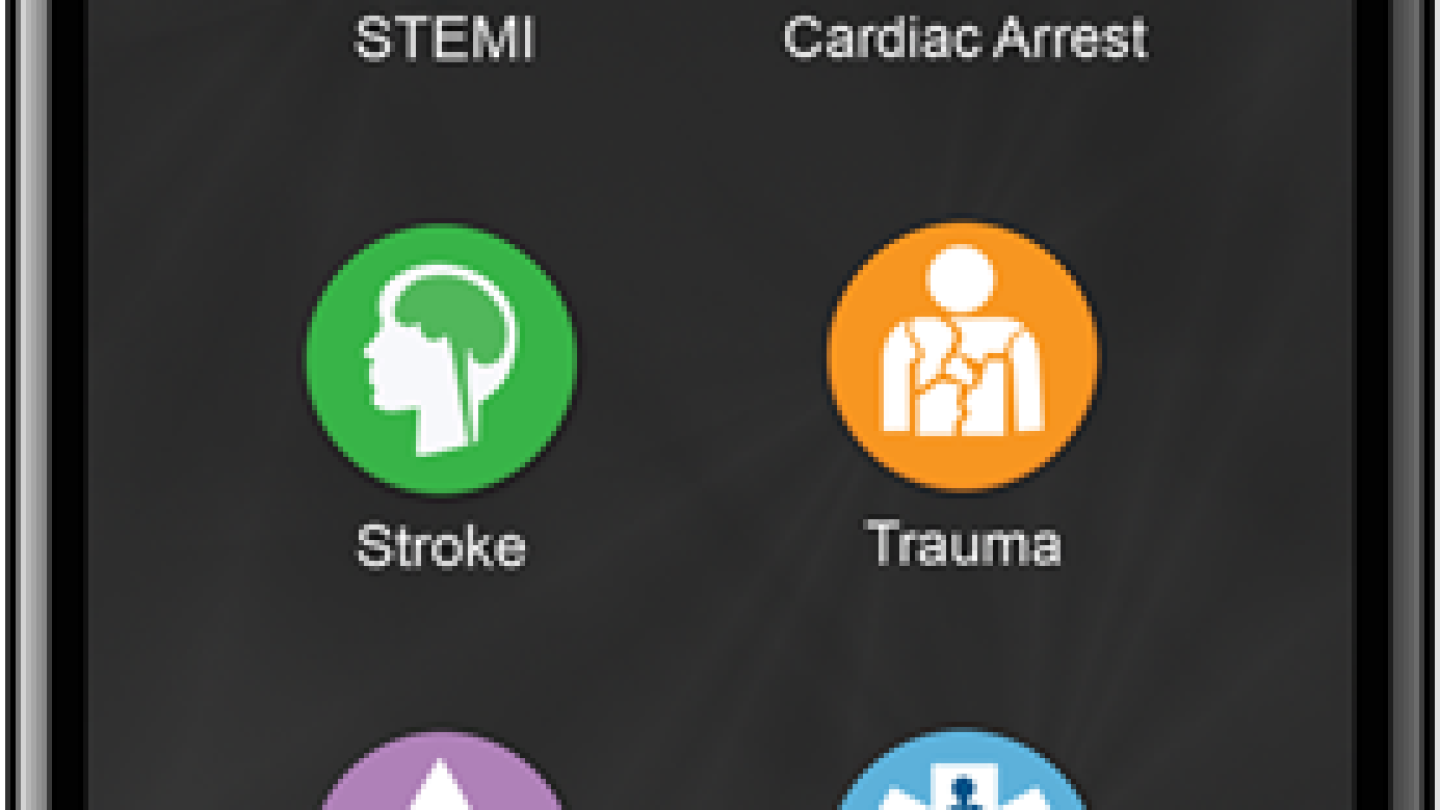Clinical
Access our directory of clinical articles in EMS, which offers in-depth information on patient assessment, treatment protocols, and emerging medical practices. This collection covers various clinical topics essential for EMS professionals, from advanced pharmacology to trauma management. Staying up-to-date with clinical knowledge is vital for delivering high-quality patient care. For additional resources, explore our section on Medical Research. Enhance your clinical expertise with our expert-driven content.
Think you or someone you know might have measles? Here’s what you need to know
“There has never been a more crucial time to have a wingmate in EMS – a wingmate to watch your six and guide each other through the storm”
Realistic scenarios that reflect the patients EMTs and paramedics regularly encounter are critical to preparing students for the challenges of the EMS profession
Gaston County’s GEMS-CARE lets people who pay an annual fee avoid out-of-pocket costs for medically necessary ambulance transportation
John Harahus picked up the first aid kits from his father, Craig, and called 911 after opening them and finding picric acid inside some of the bandages
Forecasting how the Democratic House and GOP Senate will impact drug and healthcare billing, Medicaid expansion and the ACA
Examining the hardware and software requirements, and where P-POCUS fits into the EMS scope of practice
Delmar Bethlehem EMS helped outfit Bethlehem Police Department cruisers with medical kits filled with emergency medical supplies
Scarlett Lewis praised audience members for being the”heroes” of trauma response and discussed the importance of social-emotional learning
Paramedic James Shearer’s Emergency Medical Translator is a booklet that contains nine languages and allows patients to point and use yes or no answers
The additional modules include Trauma, Sepsis and Cardiac Arrest, allowing care team members to communicate about patients more efficiently
A pharmacist can help EMS improve patient outcomes, participate in protocol development, and collaborate on EMS research projects
Dozens of medical personnel sprang into action within minutes of a three-vehicle crash involving one fatality and more than two dozen injured victims
Two hospitals received $400,000 each, which allows them to keep patients in their emergency rooms until they start showing withdrawal symptoms
A look at how paramedics treat people for pain-related emergencies shows that complaints of pain from black, Asian and Latino people are sometimes ignored
EMTs Brian Costa and Era Koroveshi drove the ambulance for over an hour to take hospice patient Laura Mullins to see the Scituate Lighthouse
EMS triage and destination, emergency department, transfer and stroke team protocols are essential to rapid definitive treatment for ischemic stroke
In an episode titled “Addiction,” PBS’s “Nova” highlights some promising approaches to treating addiction and uses brain scans to show what our brains look like on drugs
EMT Megan Franzoso is slowly recovering in the hospital after her heart stopped for 45 minutes
A team consisting of a police officer, paramedic and a social worker has a goal of meeting with a person who overdosed to connect them with appropriate assistance
A 10-week investigation into the actions of four paramedics who responded to a medical call involving a stroke patient who later died
Recognizing three common patient care decisions that contribute to cumulative stress in EMS providers
Lawyer requests for medical records are not limited by HIPAA cost-based fees
Host Ginger Locke interviews Dr. Katherine Remick about how a differential diagnosis and patient history can differentiate between SVT and sinus tachycardia
How familiar are you with the symptoms and concerns that accompany COPD exacerbations?
Solutions to the transportation decision challenges raised by research like the DAWN trial and DEFUSE-3 trial
Warriors heart finds alcohol abuse is the most common addiction in veterans and first responders
A federal report found that care related to sepsis was the most common reason given for transfers of nursing home residents to hospitals
The paramedics asked palliative care patient Ron McCartney what he wanted to eat if he could have anything after learning he hadn’t been eating much
Decreasing mortality through recognizing, reporting, and treating sepsis in the field
Emphasizing the old-world values of Squad 51’s Johnny and Roy in today’s EMS






















